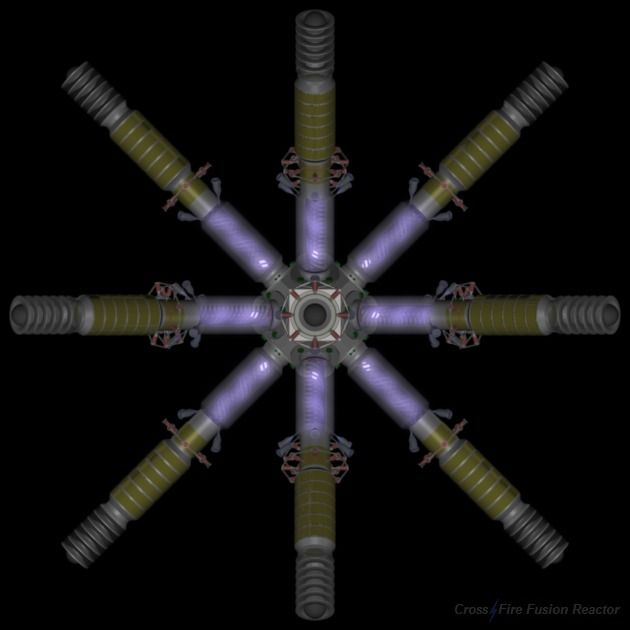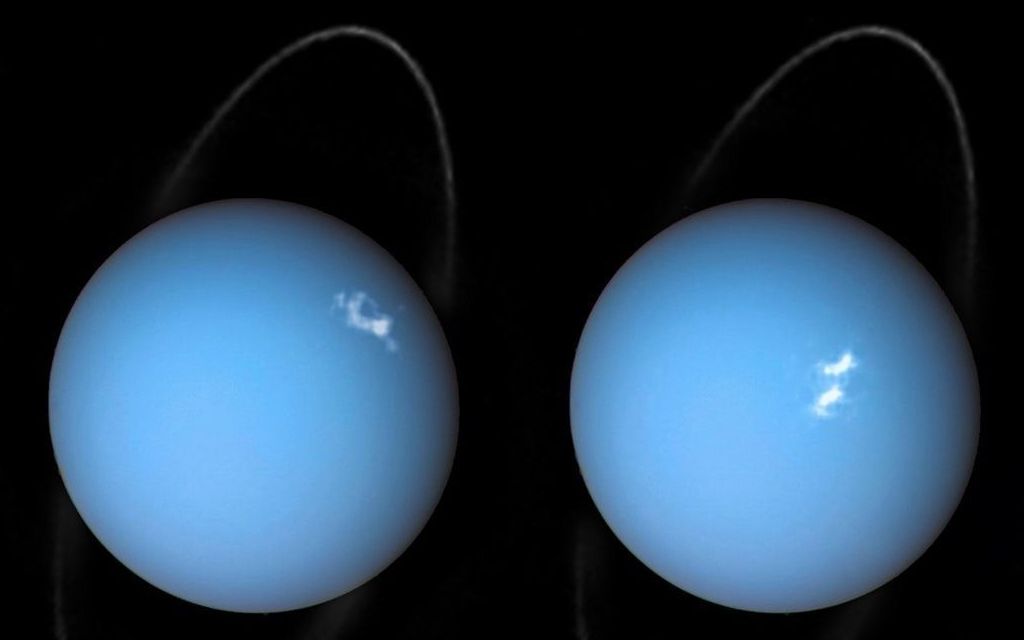Uranus really is strange. Not only does it rotate on an axis that sits at a 98-degree angle to its orbital plane, but, unlike the other giant planets, it doesn’t appear to release more heat than it receives from the Sun. Its magnetic field, too, appears warped compared to the Earth’s. An impact could perhaps help explain some of these strange traits.
Scientists have been simulating giant impacts into Uranus since the early 1990s, according to the new paper published in the Astrophysical Journal. This time around, researchers built a new simulation with the newest and best available data of the planet’s composition. This allowed them to model how a giant impactor, perhaps one to three times the mass of Earth, would have deposited “material and energy inside Uranus” and how much debris would be left over, from which moons could form.
“This study provides some great new insights into what might have happened all those billions of years ago, with material left over from the impact possibly even serving to trap some of that heat inside,” Leigh Fletcher, Royal Society Research Fellow at the University of Leicester, told Gizmodo.








